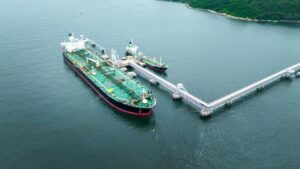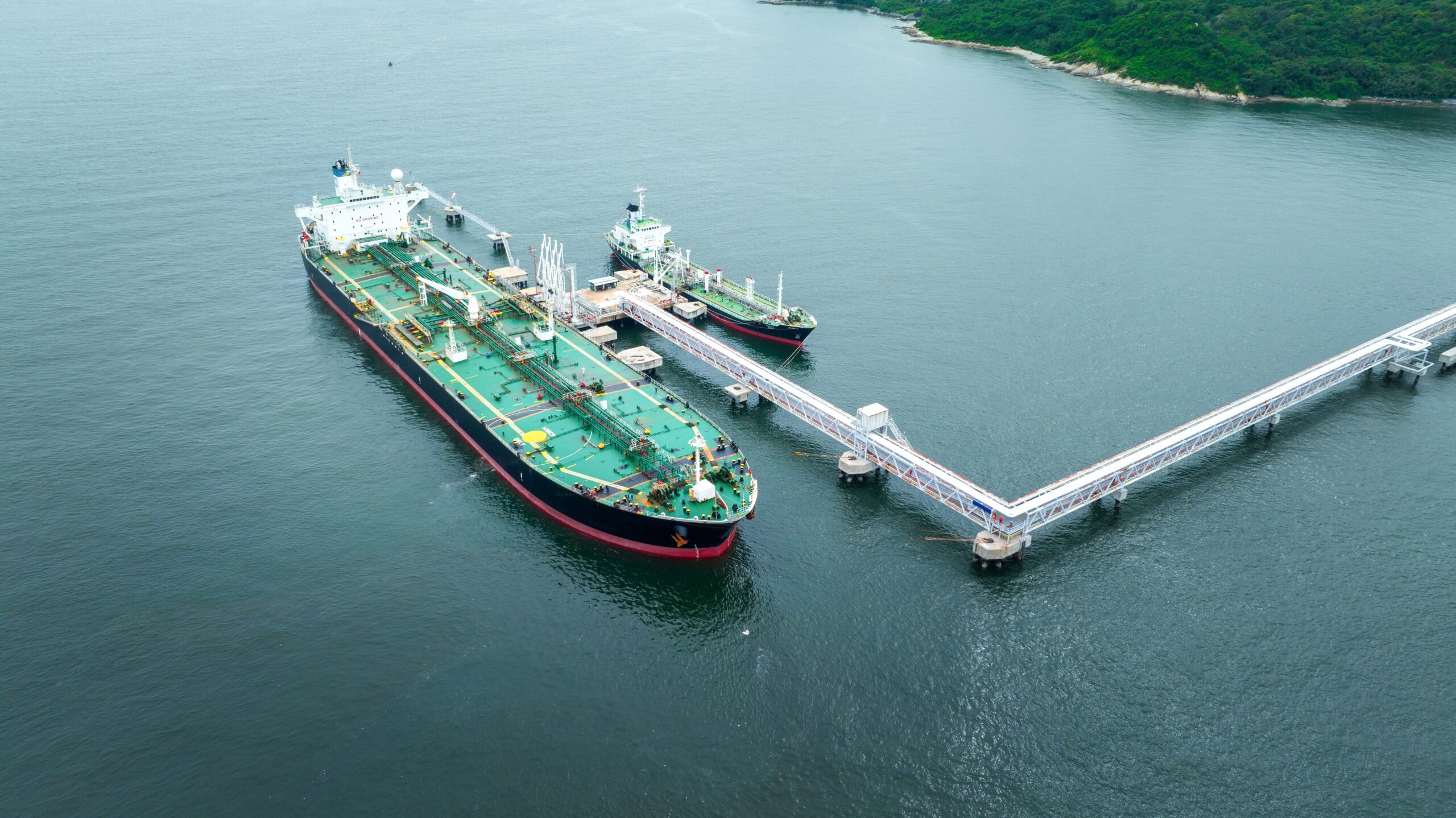Howden is in charge of the insurance cover, while Fidelis MGU was one of the lead underwriters

According to the announcement from international insurer Howden, the insurance industry’s attempts to bind coverage for the FSO Safer operation have been successful.
With this development, the UN will be able to move forward with the ship-to-ship (STS) transfer for FSO Safer and prevent what may otherwise be one of the biggest oil disasters in history.
This UN-led operation entails both the dismantling of FSO Safer at a green salvage yard and the transfer of oil from Safer to a new vessel, the Very Large Crude Container (VLCC) Nautica. When the oil is transported to Nautica, the immediate threat of an oil spill is eliminated. The UN Development Program (UNDP) will supervise the operation’s emergency phase, which entails the removal of the oil.
The FSO Safer, which was built in 1976 as an Ultra Large Crude Carrier (ULCC) and is moored about 4.8 nautical miles off the coast of Yemen, has been transformed from a ULCC to a floating storage and offloading facility for oil. The stoppage of maintenance work on the FSO Safer in 2015 was brought on by conflict in the nation, putting an estimated 1.14 million barrels of crude oil in doubt. The structural integrity of the ship has substantially declined over time, which has prompted efforts to de-risk what might ultimately turn into a massive environmental catastrophe.
The UNDP hired Howden to determine the risks that may be insured and set up insurance coverage for the unconventional STS operation. Along with numerous government agencies and the UN, the project is also assisted by significant engineering talent that has been deployed to transport the oil, including naval architects, chemists, surveyors, and oil spill response organizations.
FSO Safer and VLCC Nautica’s insurance coverage was restricted to the Lloyd’s, London, and P&I markets, with Fidelis MGU chosen as one of the primary underwriters. Following negotiations, 13 separate underwriters are now “on risk,” and more than 100 different underwriters have contributed to the risk analysis of a unique set of insurance policies for the business. Due to the fact that the FSO Safer is located in waters with a significant probability of a war, these issues are further complicated.
According to Howden CEO David Howden, this operation is the ideal illustration of how insurance can be used as a force for good in the world.
“By de-risking the required investment and mitigating the risks involved in this complex and delicate operation, insurance is playing a critical role in preventing one of the world’s largest, man-made disasters.” As unusual as the FSO Safer operation is, insurance plays a critical role in preserving our planet and its inhabitants in a variety of scenarios. “I hope that we can all be inspired as an industry to do everything in our power to help build a more resilient future,” Howden added.
In other Howden Group developments, the insurer recently announced the consolidation of its corporate structure under one global leader.
What are your thoughts on this story? Please feel free to share your comments below.


